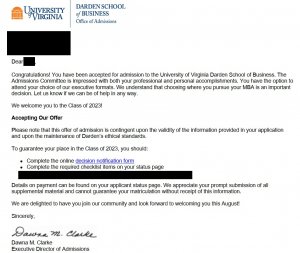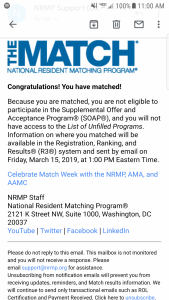I mean, anything is possible, but its unlikely. The main reason being that you don't get the same support at an R2 as an R1. For example, I'm at an R1. I have to teach 1 class for 1 semester in the 5 years that I'll be here. I have Friends at R2's that have to teach 1 class EVERY semester. And when you're teaching, research productivity drops by probably 50% due to lesson planning, grading, office hours, etc. So the people who you'll be competing against for R1 jobs won't have the same headwinds you do. Plus, R1's generally get significantly better funding, which allows for better technology, networking opportunities, etc. My friends at R2's/R3's can only attend conferences if they pay out of pocket or are accepted as presenters at the conferences, whereas I have a budget to spend basically on whatever I want, and I've never been denied additional funds for any experiments/data/conferences I've wanted. To end up at an R1, you can generally only publish research in the "best" journals in the field (usually 3-4 per field). If you're at a balanced school, they'll push you to publish in lower tier journals because its easier/quicker, but R1 schools will often not acknowledge those publications, so you're kinda shoe-horned by the tier you're at into staying at that tier or lower.
Can I ask why you aren't thinking about getting a PhD until much later? That was my initial plan in life until I ran into an old professor at a grocery store some years ago. PhDs coming out of the business school are usually making somewhere between $110-175k annually. Plus, most PhD programs are treated as jobs. As such you're a salaried employee, and you don't pay tuition. And if its an IS program based in a B.School, you'll get a decent living stipend depending on the school's classification.

 And for those only in school to make connects, you have an entire semester to prove your intelligence anyway so it's not like a fancy gala where you need to look your best at all times.
And for those only in school to make connects, you have an entire semester to prove your intelligence anyway so it's not like a fancy gala where you need to look your best at all times.





















